
This week, Germany, the European Union’s largest economy and one of the founding members of the Schengen area, decided to reintroduce border controls along its entire land border in response to growing pressure caused by illegal migration. Increasingly, more member states are following suit for similar reasons, raising the risk that internal border controls will become standard practice, ultimately threatening the existence of one of the EU’s greatest achievements: the Schengen area.
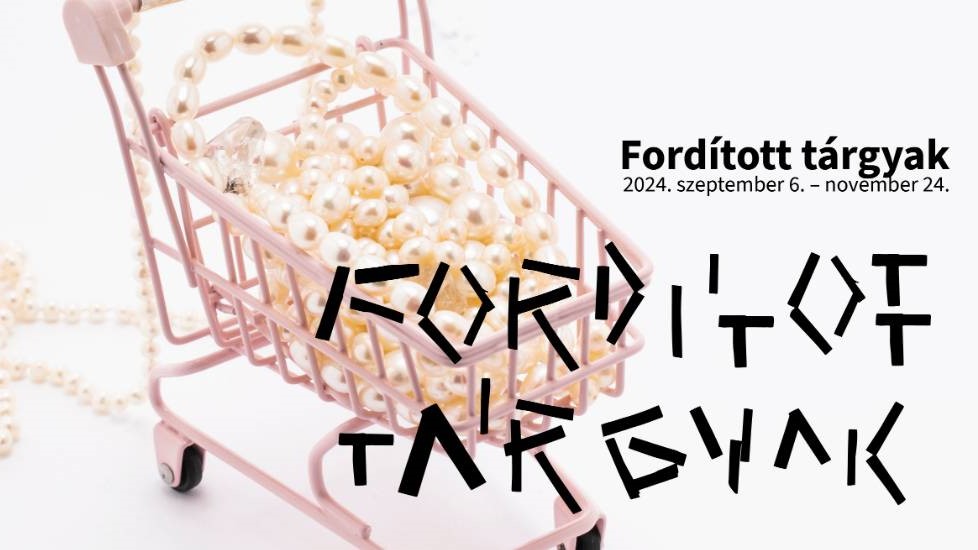
The exhibition, open until 24 November, showcases the role of traditional craftsmanship in contemporary visual art through over three hundred artefacts. The objects are displayed within both ethnographic and applied arts contexts, allowing for the parallel exploration of different perspectives.
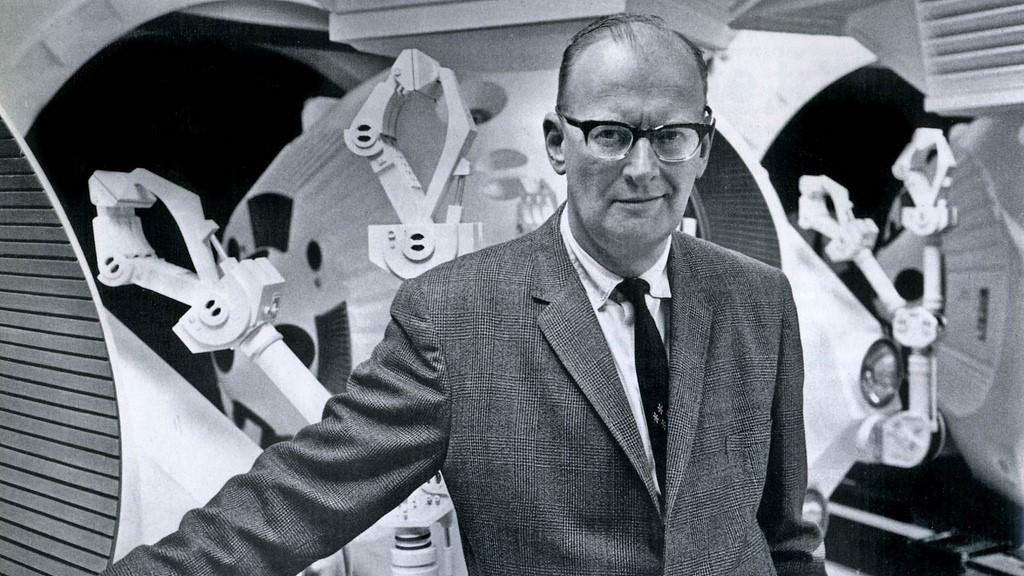
Accompanied by the music of Hungarian composer György Ligeti, 2001: A Space Odyssey explores the origins of human life, with the screenplay co-written by Arthur C. Clarke and Stanley Kubrick suggesting that extraterrestrial intelligence played a conscious role in human development.

An in-depth interview with Kőrösi Csoma Sándor Programme scholars Ágnes and István Vámosi, who undertook the responsibility of teaching Hungarian folk dance in Los Angeles for two years with their little son, Pityke in tow.
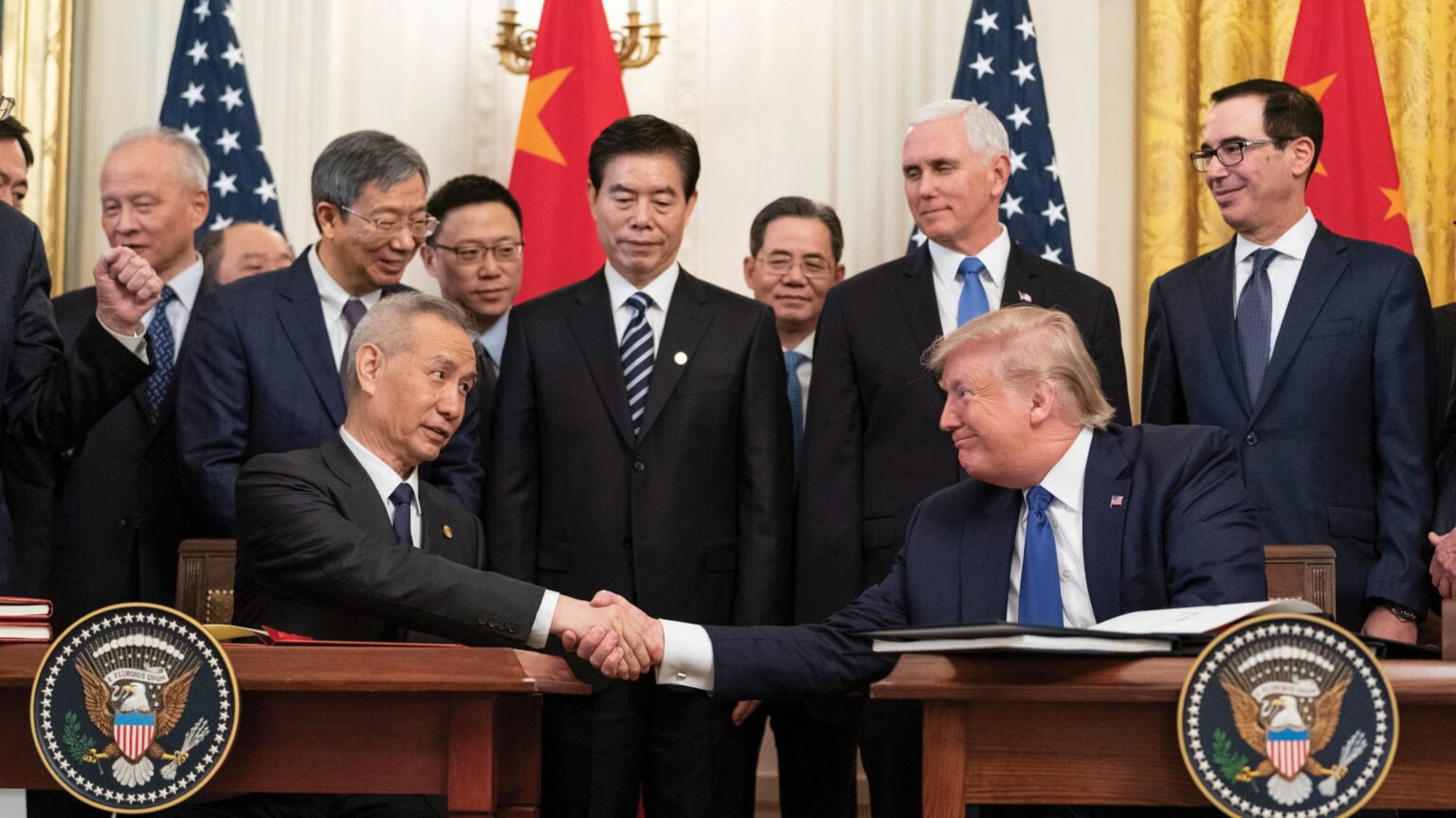
‘If the West wants to maintain its geopolitical weight and address its internal tensions, it should focus primarily on solving its own structural problems…, rather than transforming these internal problems into a global geopolitical conflict. External conflicts and total attempts to dominate the planet will not only fail to solve internal tensions but will ultimately exacerbate them.’
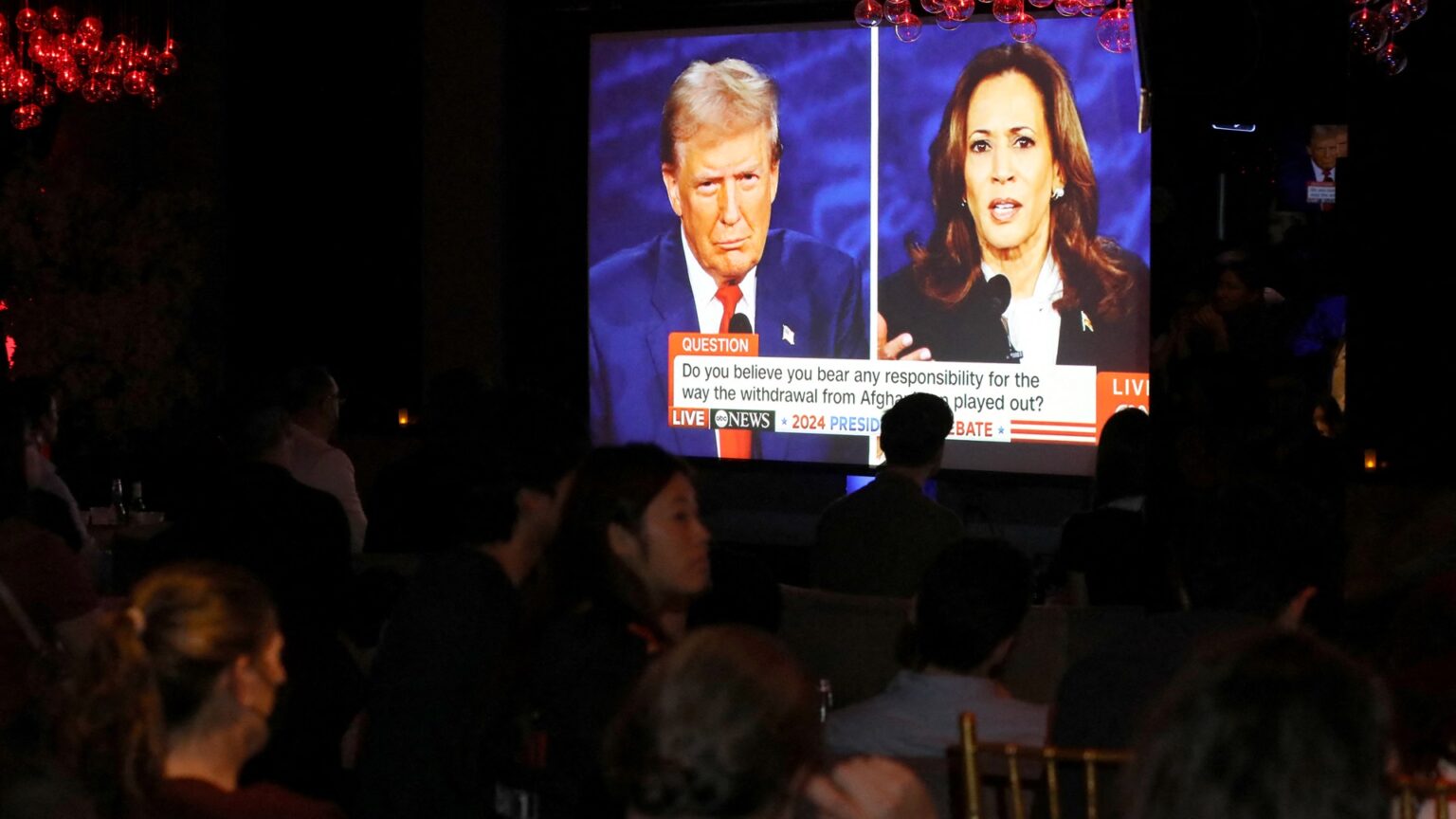
Vice President Kamala Harris did a lot better against President Donald Turmp than Joe Biden, that is undeniable. However, there are a lot of saving graces for President Trump’s performance.

‘For us Hungarians it is easy to empathize with Americans over their national tragedy, 9/11, given Hungary’s centuries-long history of tragic events. In many ways, 9/11 is similar to Trianon—the greatest national tragedy of the country. The most significant parallel is that, like Trianon, the memory of 9/11 unites the nation often divided in everyday life, regardless of how deep the divisions may be.’

Although no sources have confirmed that the Hungarian Ministry of Defence has officially expressed interest in the Sigma system, this state-of-the-art technology could easily fit into Hungary’s ongoing force development and modernization programme.
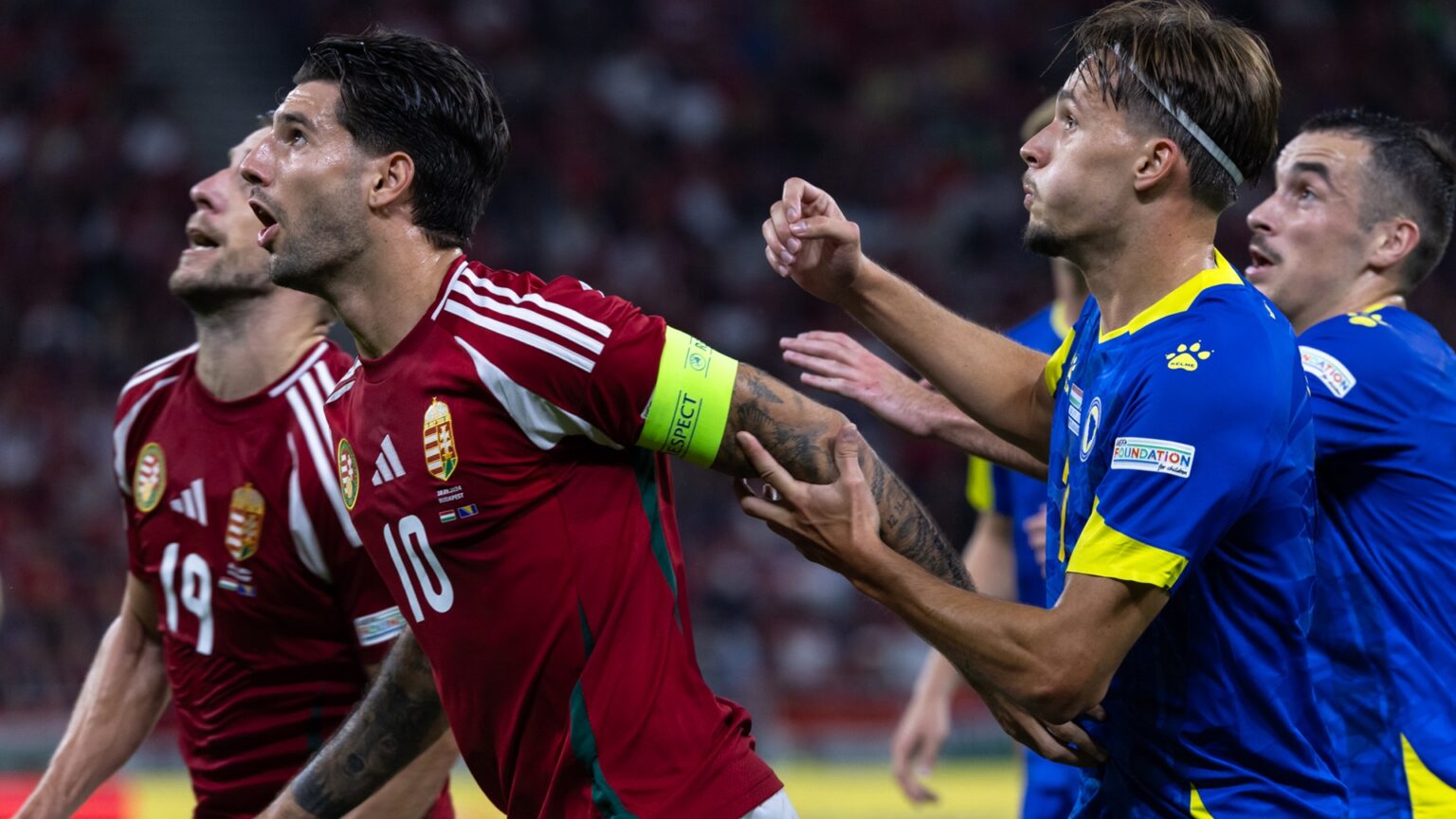
After the 5–0 loss against Germany, the Hungarian football national team tied Bosnia and Herzegovina 0–0 in the UEFA Nations League. Nevertheless, Marco Rossi has been through rough periods with the team already, and has always managed to come back so far.
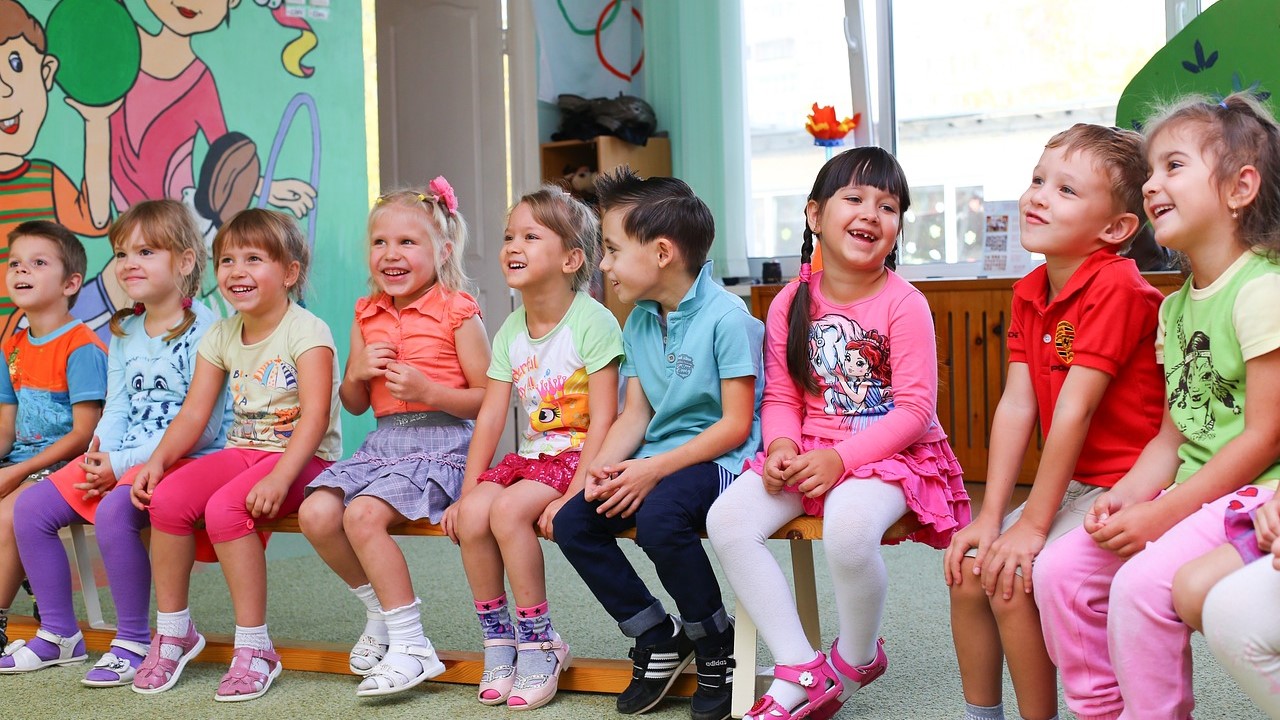
The OECD has published its Education at a Glance 2024 report, which examines the state of educational systems and the challenges they face in various countries up to 2023. The analyses are based on data from 2022 and 2023 for educational participation and 2021 for teacher salaries.

Out of the 38 bearings on the Kőröshegy Viaduct (each supporting 4,500 tonnes when in place), three had become significantly worn and needed to be replaced. The viaduct will be reopened to traffic in full width on Wednesday afternoon, five days earlier than planned, according to the Hungarian Concession Infrastructure Development Plc.
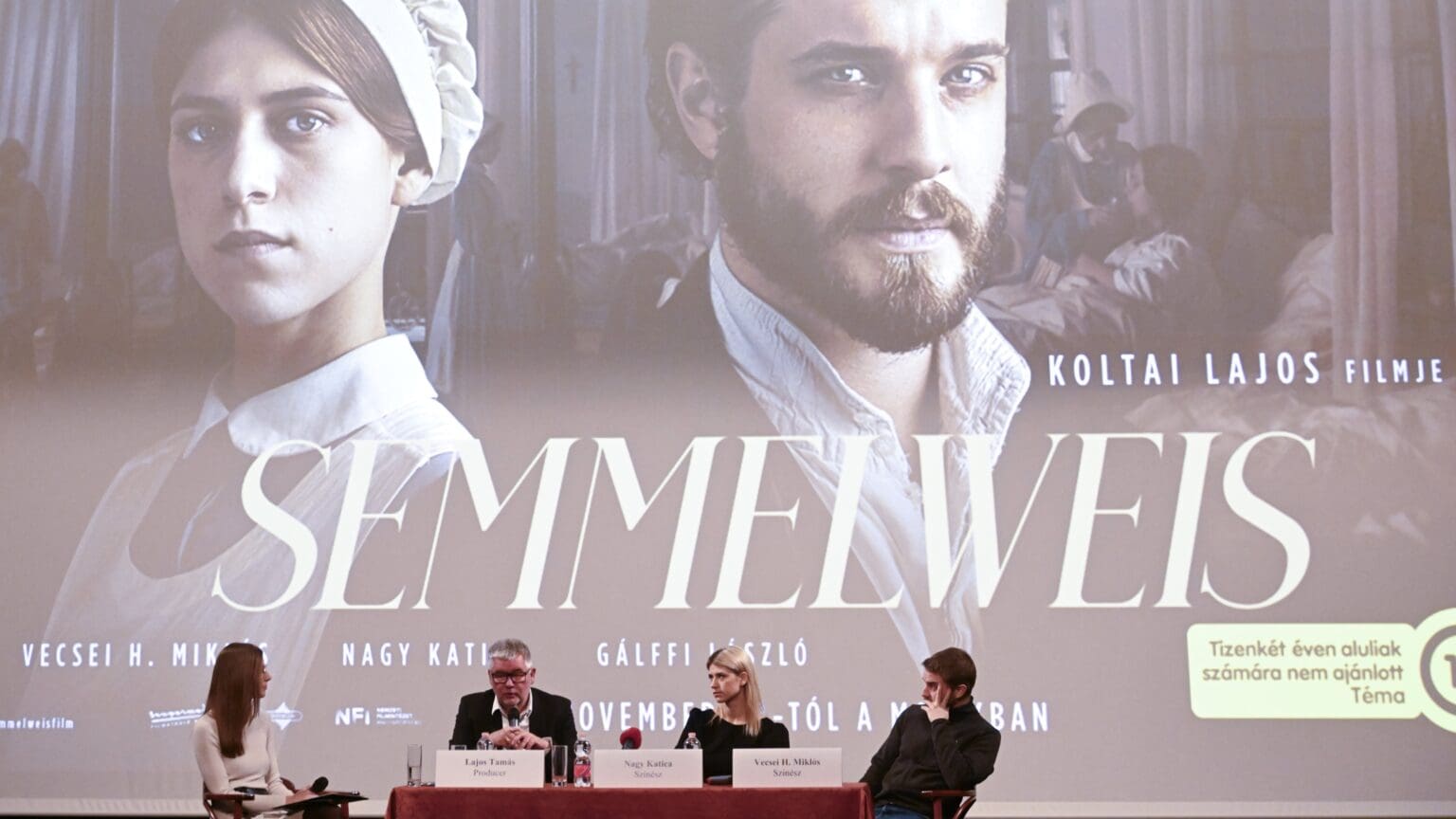
The film, which tells the story of the world-renowned Hungarian doctor Ignác Semmelweis, won the award for Best Film at the Toronto EU Film Festival based on audience votes. In Hungary approximately 350,000 people have seen the film drama, and its success continued on the largest streaming platform, according to the statement.
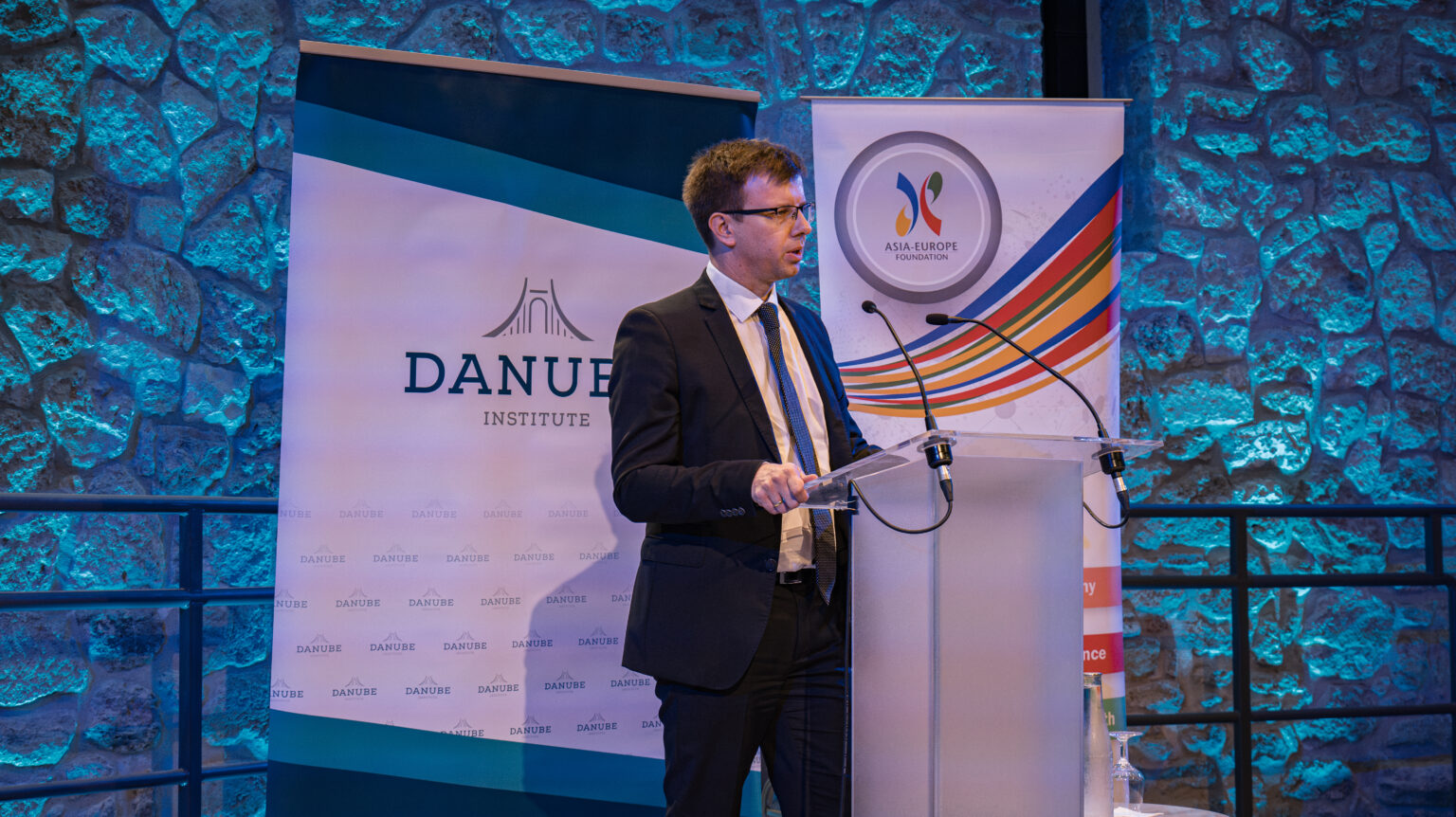
Hungarian EU Affairs Minister János Bóka gave a detailed presentation on the first day of the conference co-organized by the Danube Institute, outlining the key priorities of the Hungarian EU Presidency. Bóka highlighted an early success of the presidency, noting that while six months ago the importance of developing European competitiveness was rarely discussed, it has now become a central topic in the European political debate.
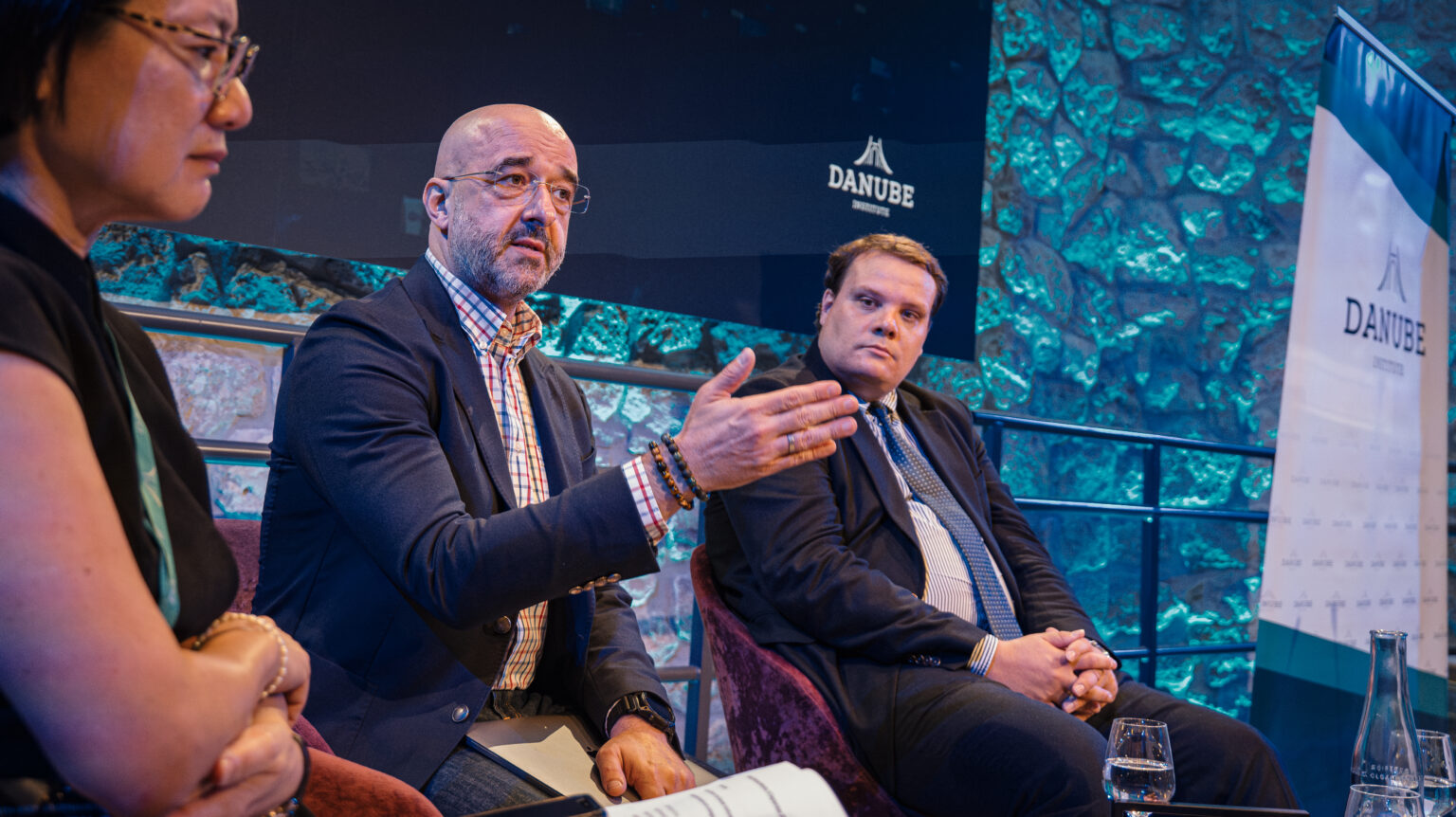
Co-organized by the Hungarian think tank Danube Institute, an international media seminar began on Tuesday in Budapest, focusing on the effective use of artificial intelligence in journalism. In his keynote speech, Hungarian State Secretary Zoltán Kovács pointed out that Europe could be the first continent to regulate AI, with the regulation potentially being introduced during Hungary’s EU Presidency.
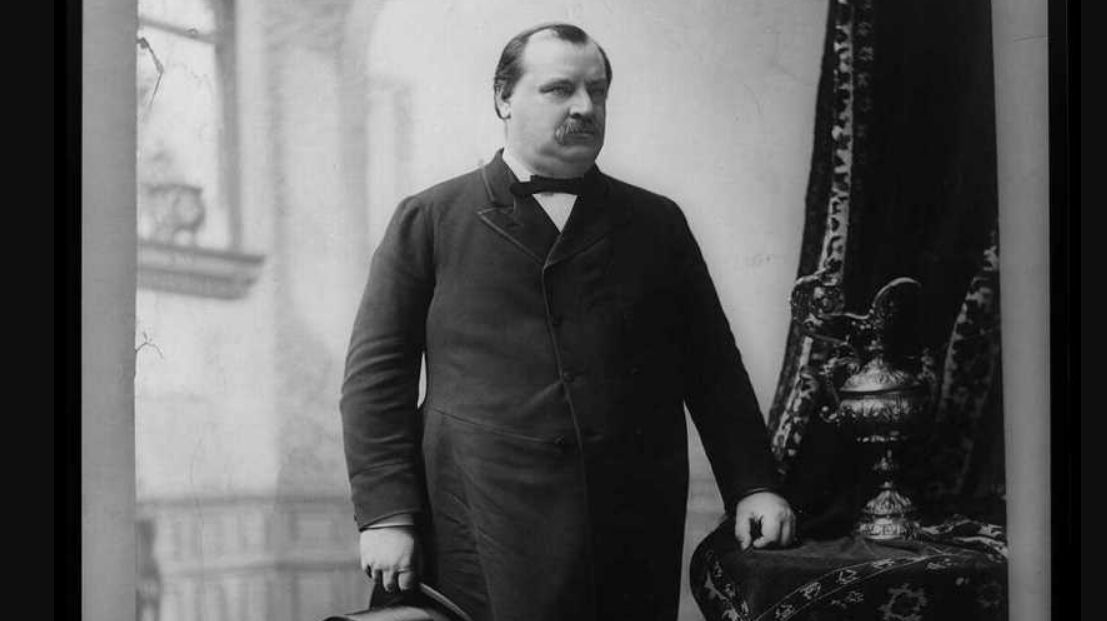
In 1892, Democrat Grover Cleveland became the first US President to achieve what Donald Trump is trying to do right now: win a second, non-consecutive term in the White House. The same year, one of the most successful third parties in American history, the Populists also emerged on the national scene.

MOL has signed agreements with oil shippers and pipeline operators to ensure the continuous transport of oil through the Druzhba pipeline from Russia.
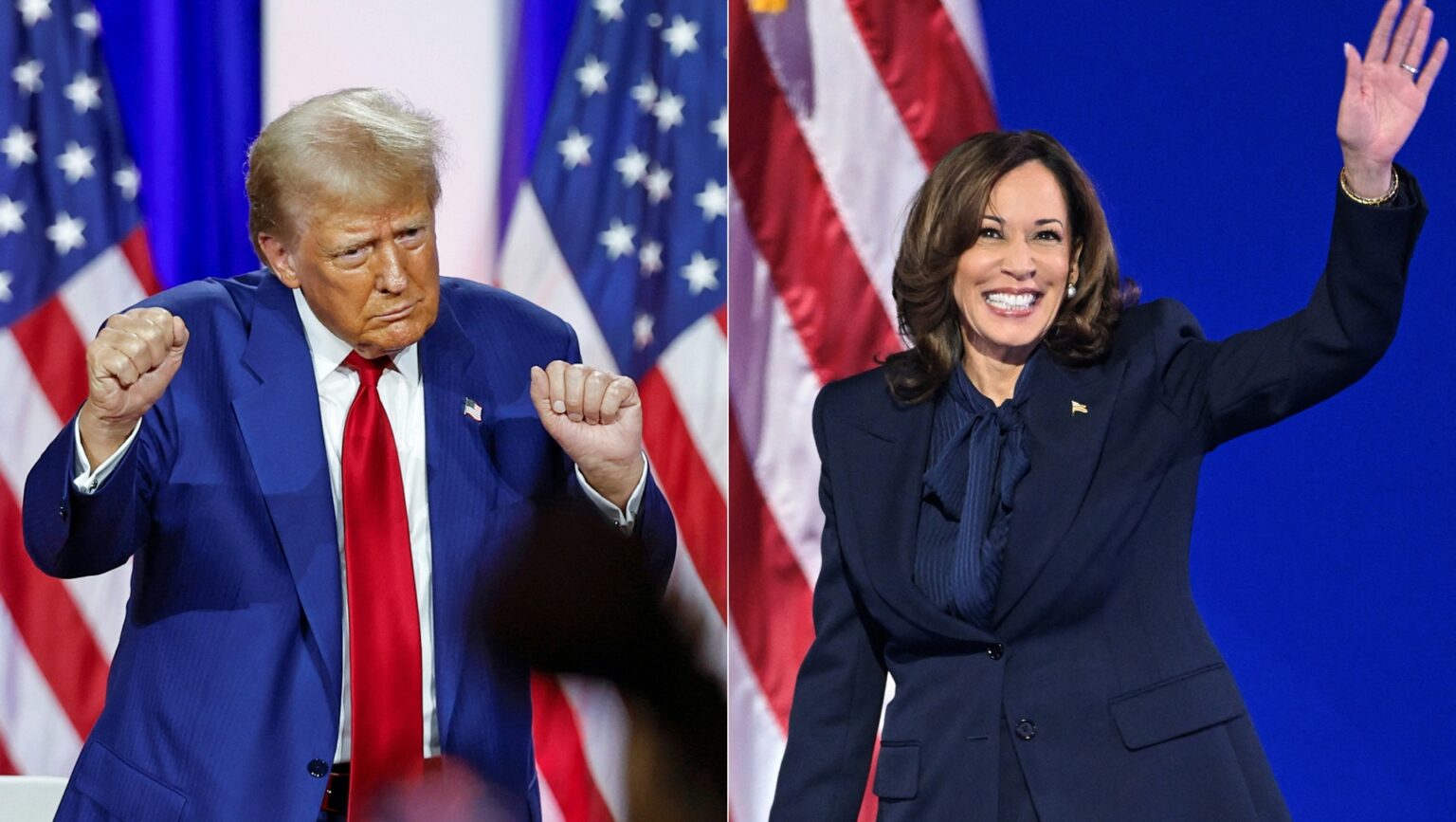
President Joe Biden was pressured into dropping out of the race by his own party after a disastrous debate performance in June. Now, as the momentum is shifting back towards Trump, the limelight will be on Vice President Kamala Harris on the stage.

Researcher at the HUN-REN Centre for Astronomy and Earth Sciences Krisztián Sárneczky was elected one of the newest honorary members of the International Astronomical Union. In addition to his work in popularizing science, he has recently achieved outstanding results in the field of planetary defence as well.
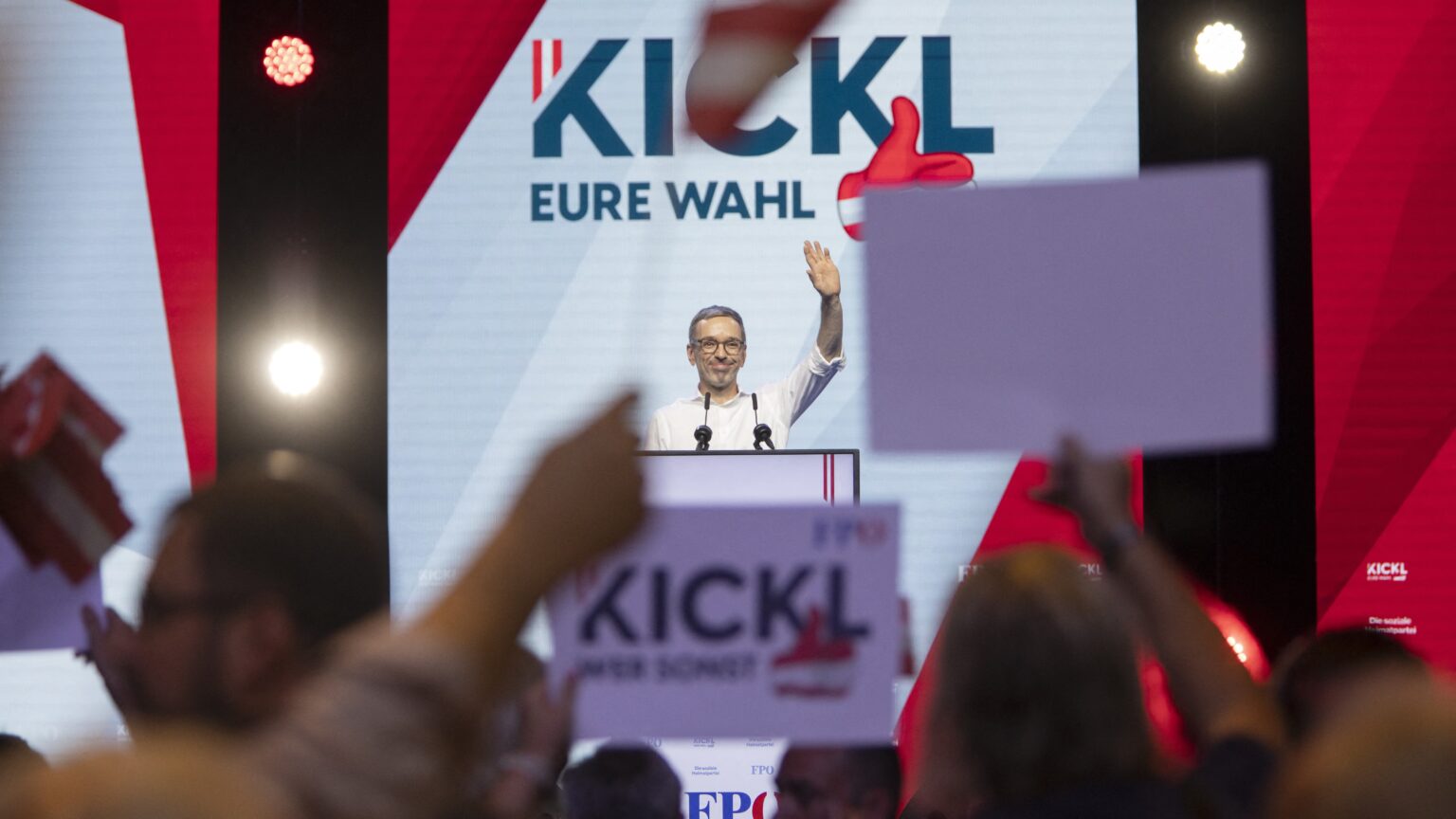
‘The 2024 elections will be crucial for Austria’s political future. The country faces significant challenges, from economic austerity to migration and climate protection, all of which will generate intense debates during the election campaign. While the FPÖ’s rise ought to bring radical changes, it remains uncertain whether they will secure a place in government.’

According to the Hungarian minister for national economy the disinflation of food prices is driven by a significant decline in agricultural producer prices, suggesting that prices for certain food products may continue to fall in the coming months, further boosting demand growth.
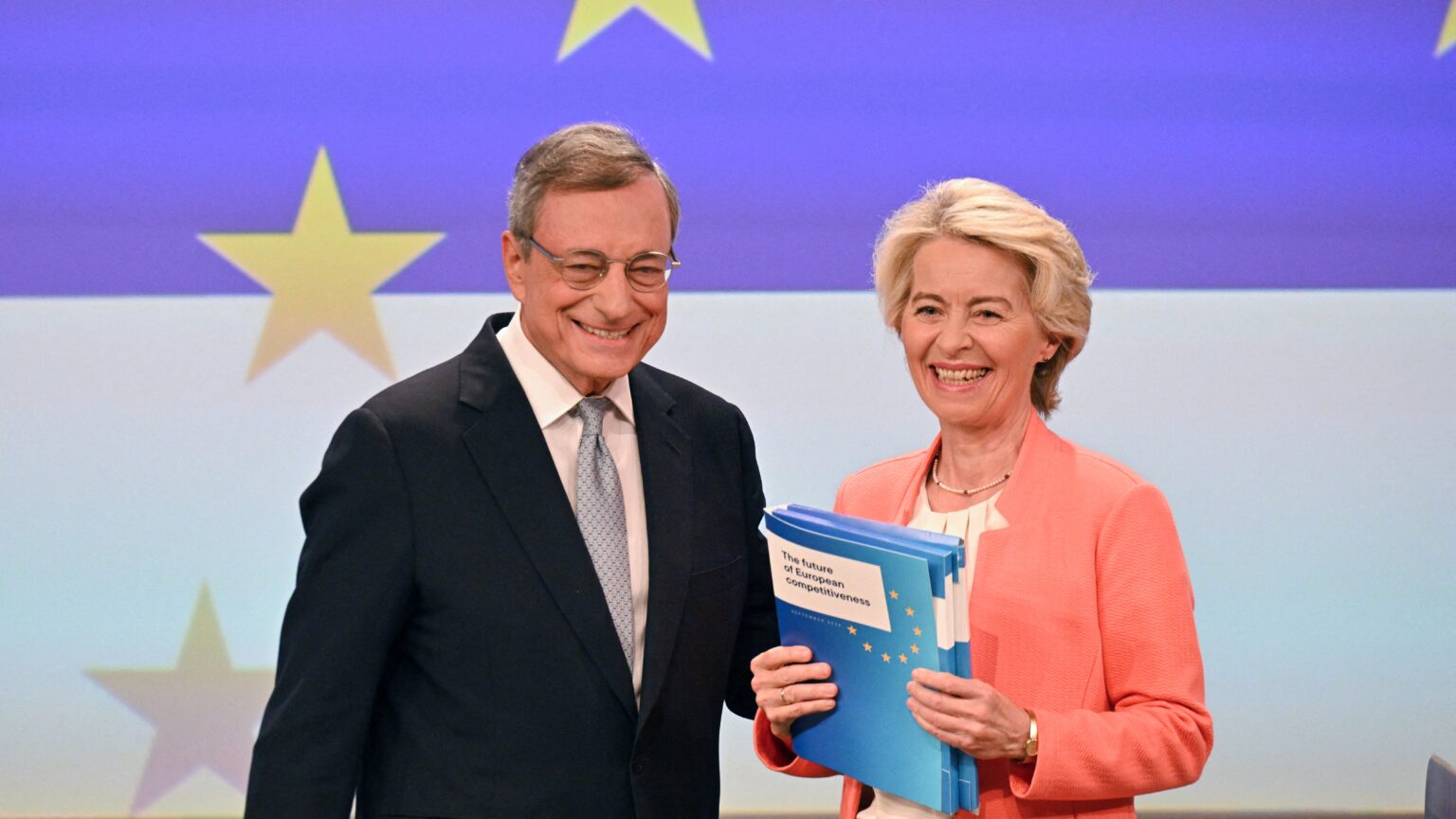
Draghi proposes that the EU’s priorities should include the lowering of energy prices, increasing competitiveness, proper governance of industrial policy, and increased defence spending. The EU should no longer rely on others to maintain its security, he argues, since continuing to do so would make it more vulnerable.
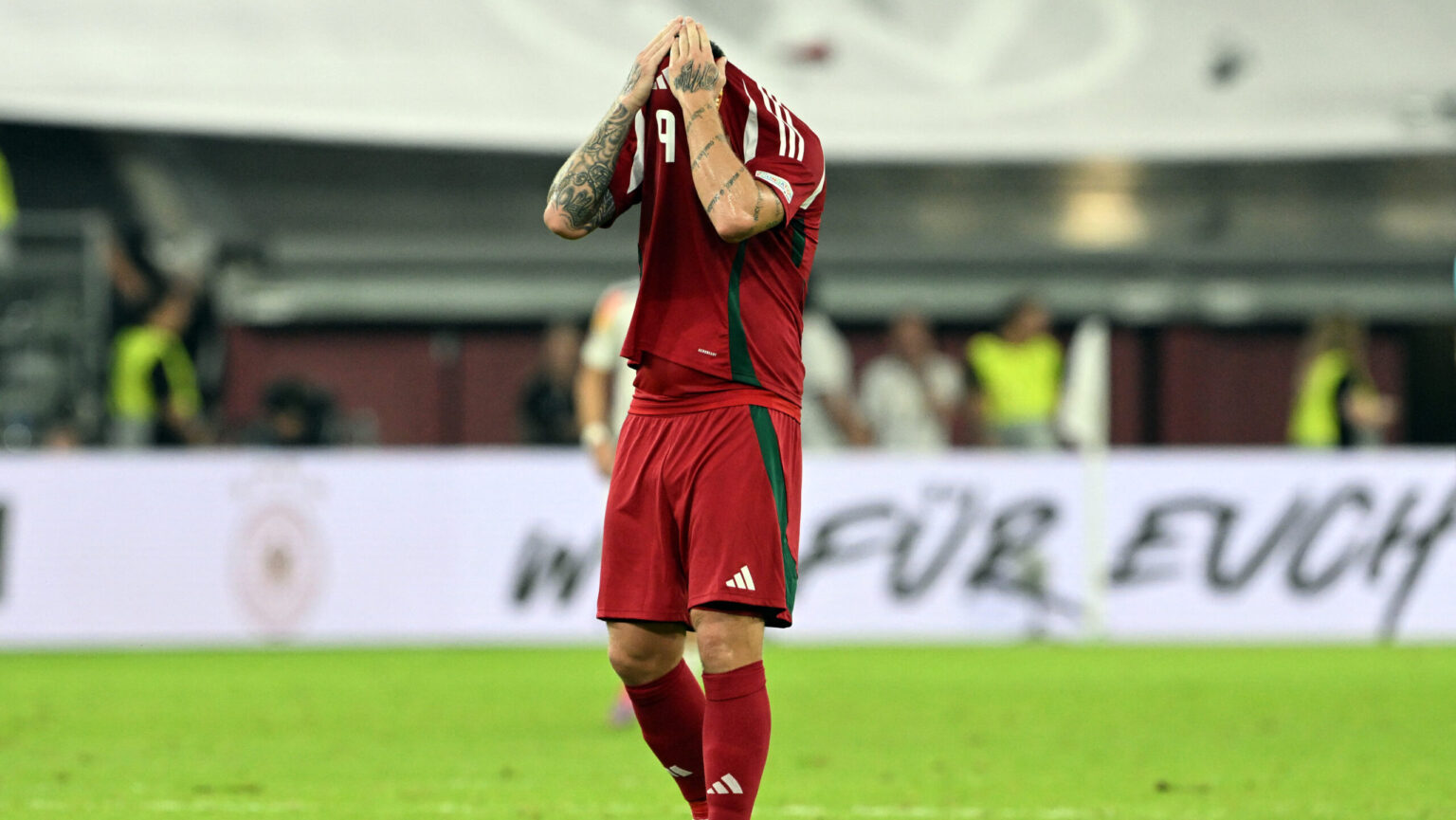
Much to the disappointment of their fans, the Hungarian national football team suffered a 5–0 defeat to Germany in the first round of the UEFA Nations League in Düsseldorf on Saturday. Both national team captain Marco Rossi and star midfielder Dominik Szoboszlai emphasized that a win in Tuesday’s game against Bosnia is the only acceptable outcome to put the shame of Saturday’s defeat behind them.
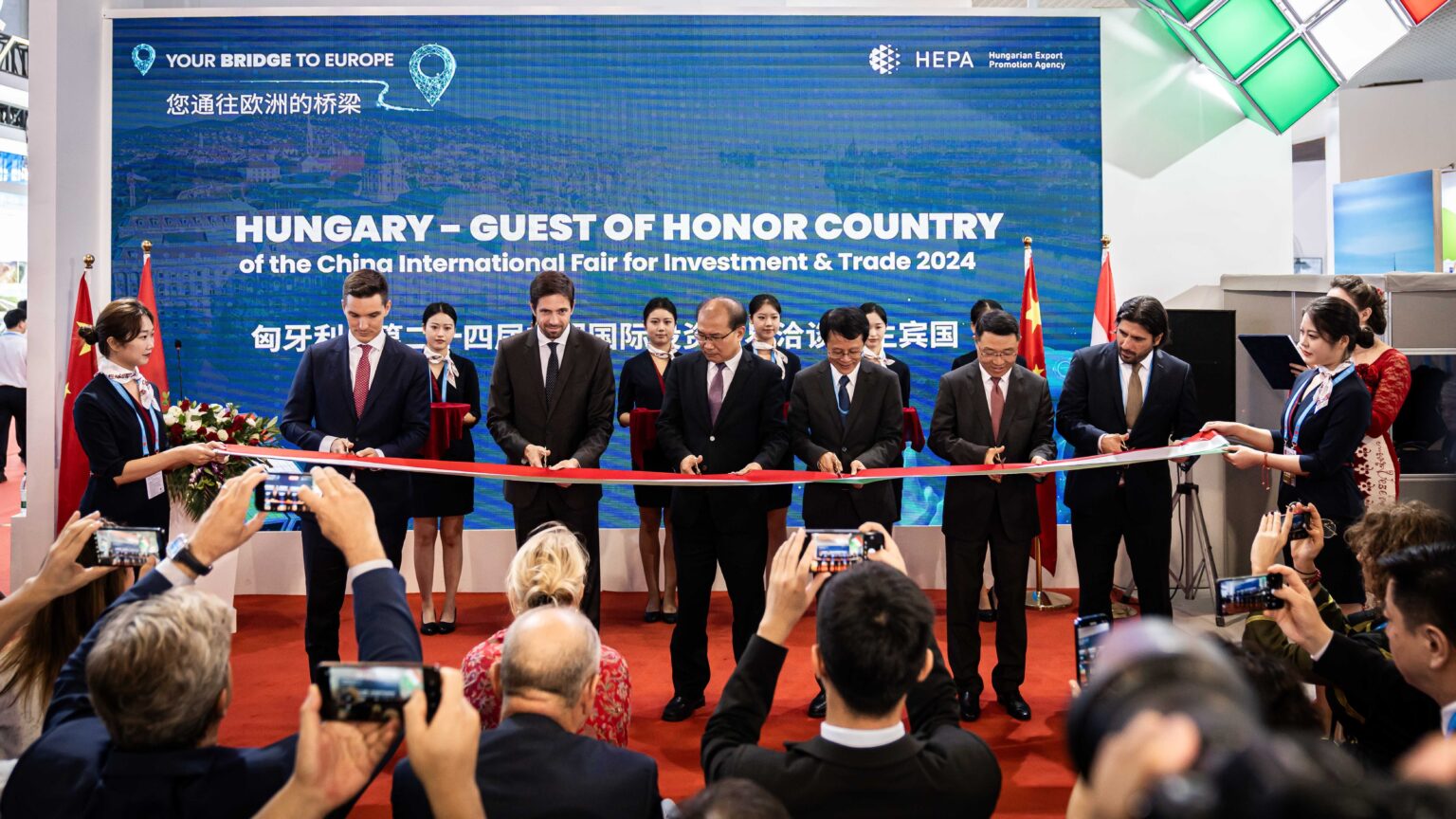
The 24th China International Fair for Investment and Trade, which opened on Sunday, features a significant Hungarian presence. The event presents an excellent opportunity for Hungarian companies to attract the attention of investors, according to a statement by the Ministry of Foreign Affairs and Trade.

Former President János Áder, joined by infectious diseases specialist János Szlávik, discussed the importance of vaccinations in preventing serious infections such as severe COVID-19, whooping cough, and measles in the latest episode of the Blue Planet podcast.
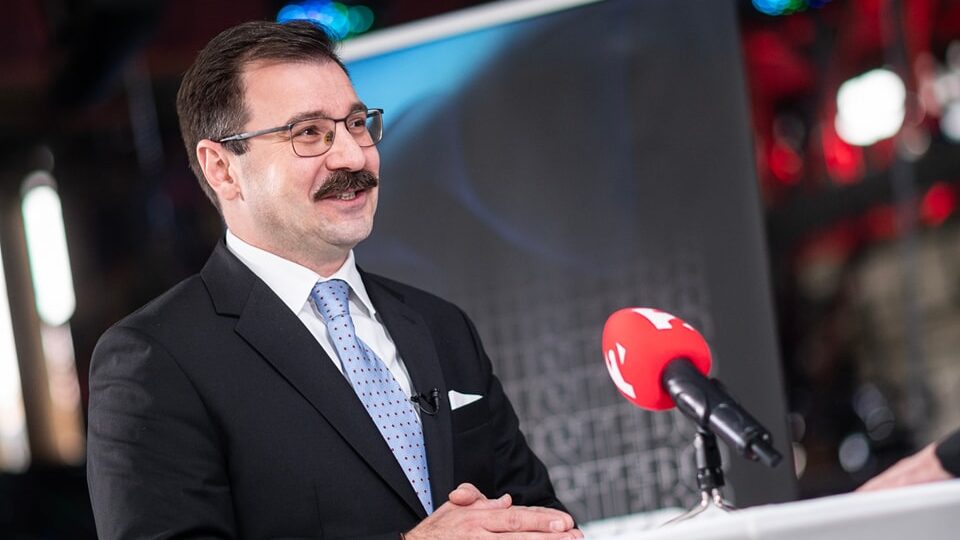
The Wokebusters initiative, launched in July, is starting its first international mission. Miklós Szánthó, Director General of the Center for Fundamental Rights, stated that their first stop will be the United States, as it is the home of the woke movement. But the Wokebusters also have many allies in the US who are committed to the values of God, country, and family,, the director general added.

The Pujiang Innovation Forum commenced on Saturday in Pujiang (Shanghai), with Hungary participating as the guest of honour at the four-day event. The Hungarian delegation, consisting of around forty experts, business and academic leaders, is showcasing world-class Hungarian innovations at a prominent stand.

One of the 21st century’s greatest scientific questions is whether humans have free will. This year’s Brain Bar will give special attention to this topic, with notable guest speakers such as Avi Loeb, Gerard Barron, and Lars Chittka.
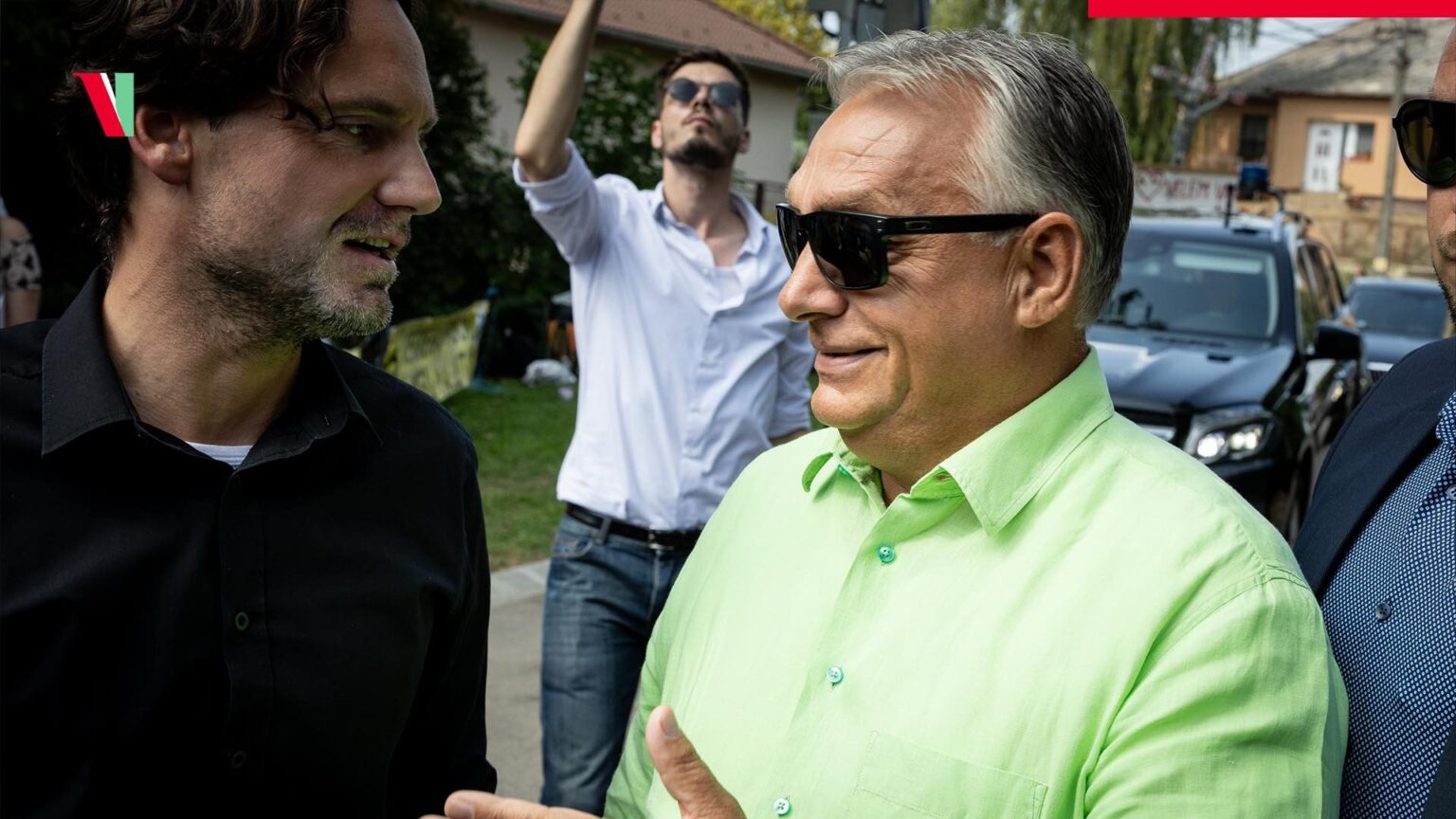
At the annual Kötcse gathering of conservative political and cultural elites Viktor Orbán shared that an action plan has been drafted for a ‘peace budget’ that will involve wage hikes, as well as more government support for families and for businesses.
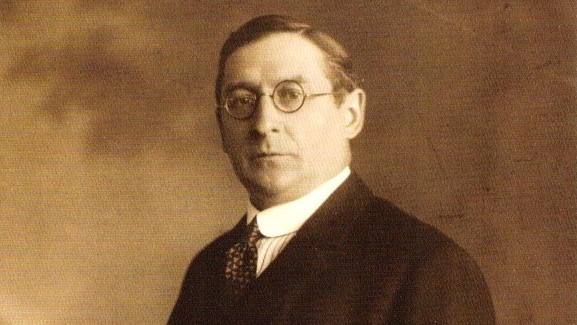
‘Klebelsberg believed that “today it is not the sword but culture that can keep the Hungarian homeland alive and make it great again”, and he considered it important not only to educate the Hungarian elite but also to develop the education of the people. Legislation published in 1926 provided for the construction of 3,500 new classrooms and 1,750 teachers’ dwellings, in the following order: first, in isolated rural districts without schools, then in villages without schools, and finally in overcrowded urban schools.’
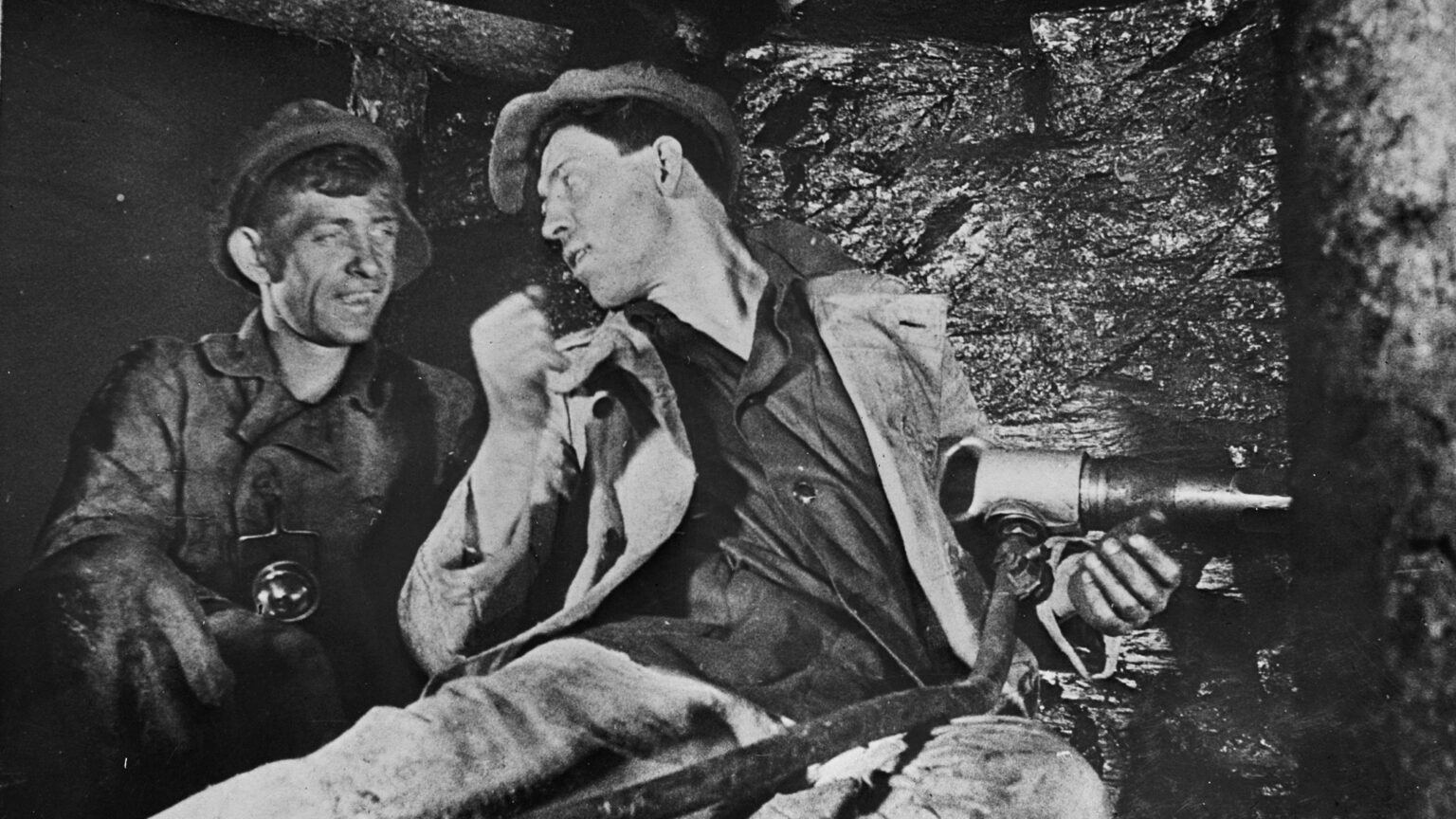
‘It is rarely taken into account that forcing a general expansion of education also means levelling. And if something is extended in a general and obligatory way, then it will be quantitative rather than qualitative. If we imagine all of this in a school system that is universally compulsory for everyone, then according to today’s well-known hierarchization of knowledge, only knowledge that can be (easily) validated in the so-called ‘labour market’ will be truly appreciated.’